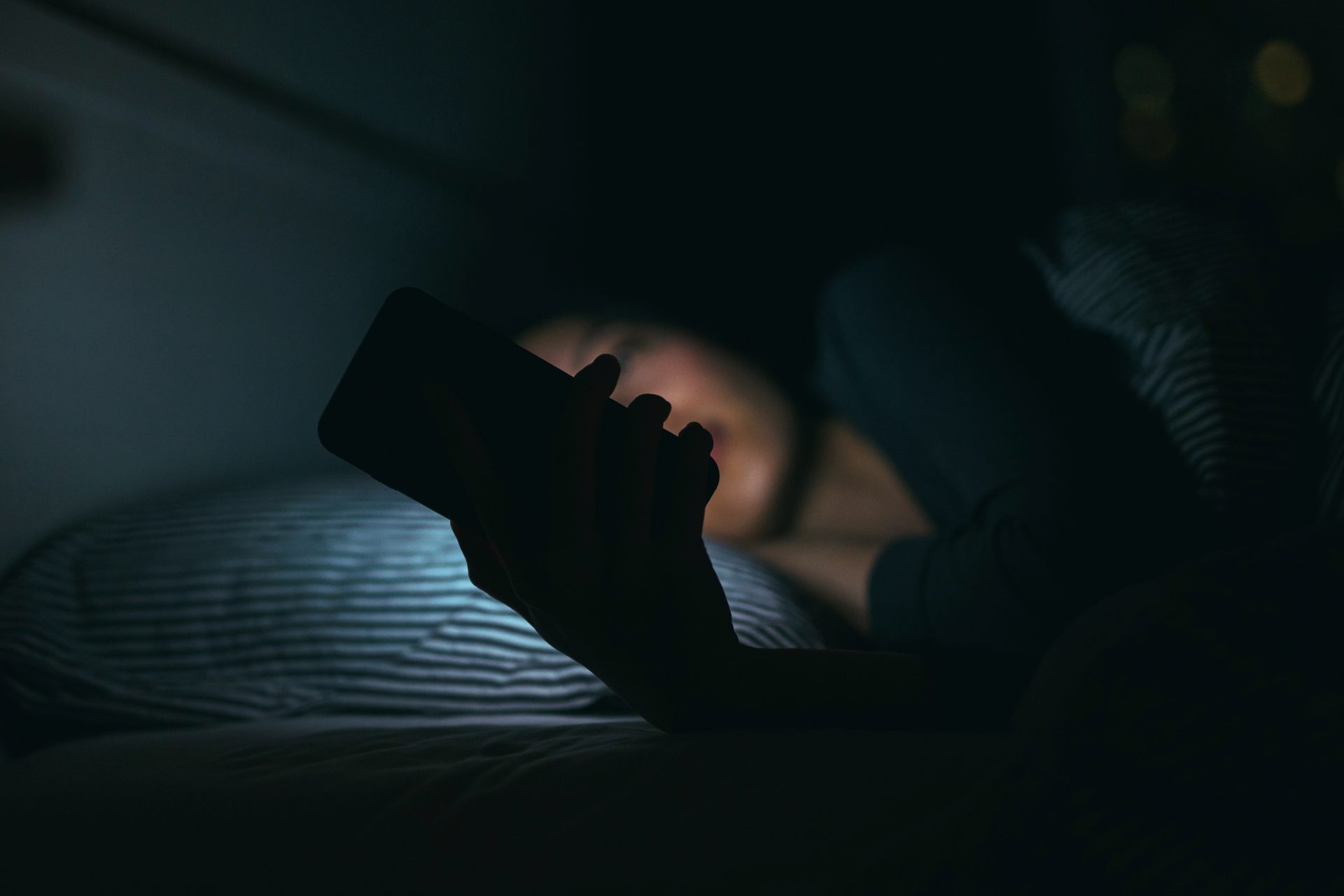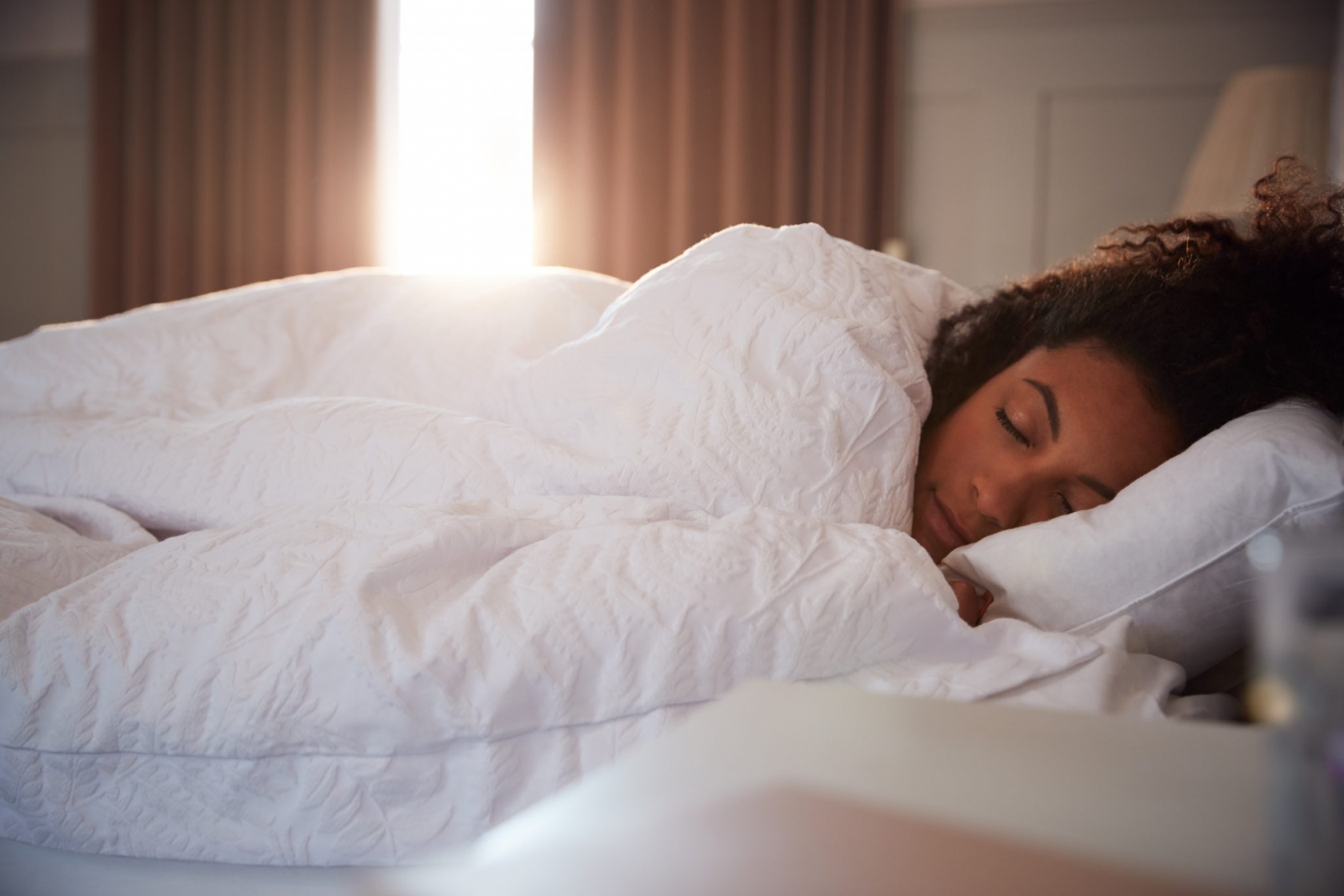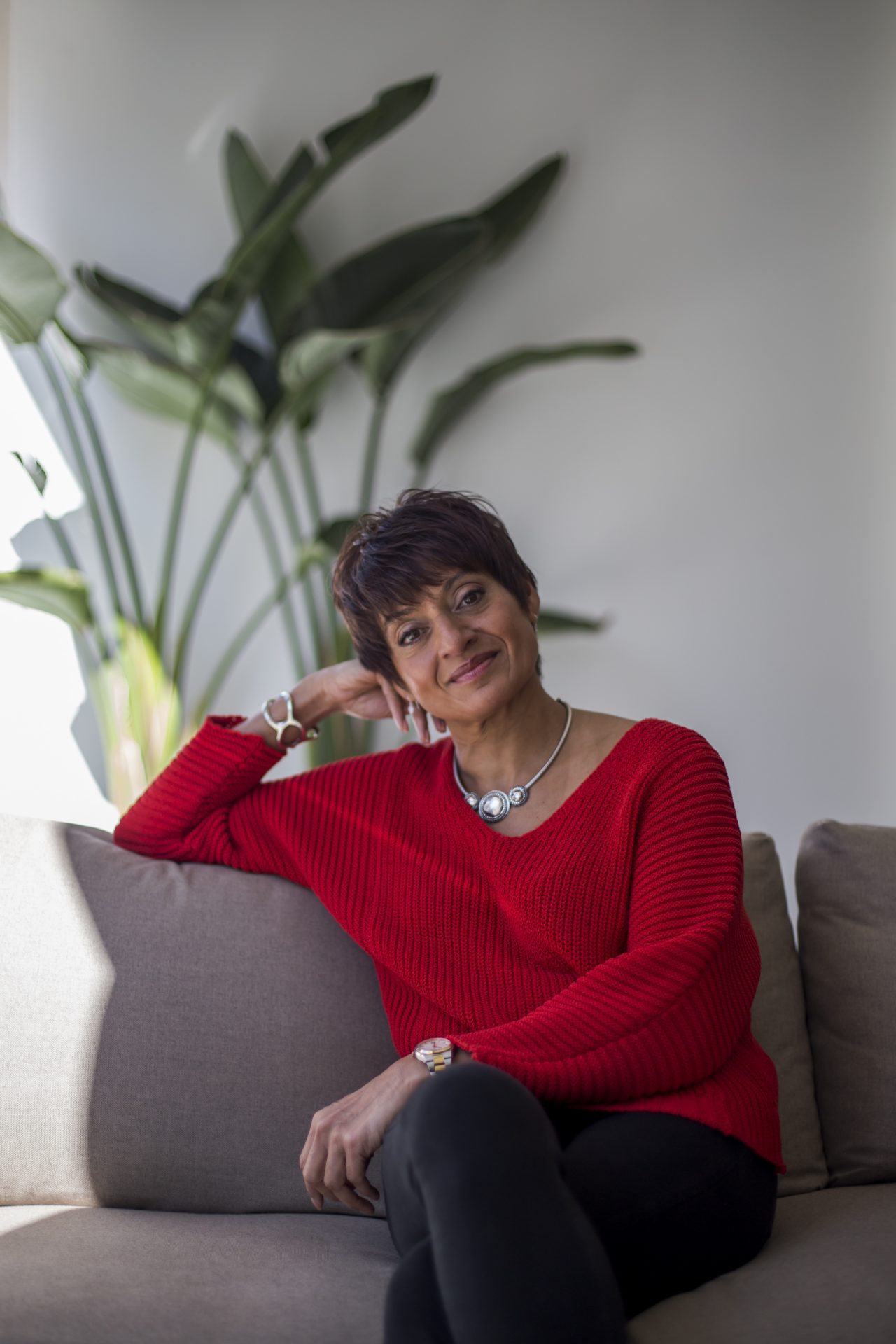Welcome to Stylist’s Sleep Diaries, where we’re taking a deep-dive into one of the most important (and elusive) factors in our day-to-day lives: sleep. To help us understand more about it, we’re inviting women to track their bedtime routines over a five-day period – and presenting these diaries to sleep expert Dr Nerina Ramlakhan for analysis.
In this week’s Sleep Diaries, a 32-year-old director admits she’s struggling with her delayed sleep phase disorder (DSPD).
A little about me:
Age: 32
Occupation: director
Number of hours sleep you get each night: seven and a half
Number of hours sleep you wish you got each night: 10
Any officially diagnosed sleep-related problems: DSPD (the most common circadian rhythm sleeping disorder, involving an abnormal alignment of the sleep-wake cycle causing the affected individuals to feel sleepiness and wake up later than what is considered normal)
Do you measure your sleep in some way (e.g. using your phone or wearable): yes, using the Sleep Cycle app, but I want the Oura ring
How much water you drink on average per day: 2.5 litres
How much exercise I do on average per week: not enough!
Day 1
I wake up around 3pm (after going to sleep at 4am) and busy myself with email admin, household chores, and an avocado on toast snack around 5.30pm.
All this done, I spend some time on the phone with friends before going out for dinner around 8pm. There, I share a selection of dishes including vegetable pasta, croquettes, bread, broccoli and meat board paired with wine. (Truthfully, I actually started with a small glass of champagne, followed by one type of white wine then another/different glass of white wine. I don’t typically drink – usually only for a very special occasion – but I felt like pushing the boat out now that we’re emerging from lockdown and can socialise with friends again!)
I go to sleep around 1am before abruptly waking up with a horrible dry mouth at 4.30am. I feel fairly awake and am even half-tempted to start my day then, but eventually fall back to sleep around 8am before the alarm went off at 9.30am – making me feel even worse!
You may also like
“I'm pregnant, how can I stop my aches and pains from interrupting my sleep?” A sleep expert answers your questions
Day 2
It’s a groggy and difficult start to the day thanks to that interrupted night’s sleep, and all my best intentions (like exercising, meditating, journaling, or mapping out my day properly) go down the drain. I’m already on the backfoot before the day has properly started, which I hate.
While I feel tired the whole day, I pull through work, and then cancel my evening appointments for a night in. This looks like homemade fish finger ciabatta rolls in front of TV, followed by bed at 1am again.
My sleep hygiene is terrible as I spend a lot of time scrolling on my phone, and I’ve now developed a clear habit of first getting Instagram out of my system, checking WhatsApp, looking stuff up online, and checking the news, before begrudgingly accepting I should try and go to sleep. It’s also worth mentioning here I always use ear plugs and an eye mask to get the best night’s sleep possible.

Day 3
I snooze the alarm so much I eventually get myself out of bed at 10am for a full-on, intense work day (which is typically the case in the middle of the week). I don’t manage to eat until 4.30pm, by which point I am starving; to be honest, I usually manage to graze at most during the day, and only get the chance to properly eat later in the evening.
It isn’t until around 6pm I am able to go out for a walk, get some fresh air and move my body (I am starting to become very aware of how sedentary I’ve been the whole day; the backs of my thighs and derriere are almost getting numb from staying sat down to catch up with emails and Zoom!).
I go out for a good two hour stroll before arriving home for another night in, with dinner in front of the TV; this time, it’s homemade ham hock and pea risotto with kale and asparagus, plus a side of garlic bread. No alcohol, but always dessert! (Always).
I’m tired, but then get a second wind and stress of workload, so stay up until 4.30am and go to sleep at 5am.
You may also like
Porridge recipes: 8 ways to pimp your oats this winter
Day 4
I wake up with some difficulty at 11am (I need more than six hours sleep, I think). Once I’m awake, though, I head out at midday for an hour’s walk in the sunshine; it feels good to move my body and get some vitamin D.
I come home and do 20 minutes of yoga, stretching out before spending another afternoon at my desk. When the clock hits 7.30pm I head out for dinner, and treat myself to some wine again.
Once I’m home, I go to bed and fell straight asleep around midnight.

Day 5
I wake up fully at 6am due to the wine I had with dinner last night. Then, I kick off the day with some household chores, followed by 20 minutes of yoga before starting work.
It’s a productive morning with a clear head, but I go out for a carb-heavy lunch so unsurprisingly find myself crashing around 3/4pm. Thankfully, I pull through the rest of work before dinner at 6pm; burgers and a movie.
I wind up falling asleep at 11pm after an exhausting week. I’m looking forward to the weekend as always, though, for the exact same reason; to be able to sleep without an alarm and let my body get the rest it needs. This week in particular will be a luxury with the bank holiday coming up. It’s always my intention to develop healthy sleep habits, but my DSPD or other factors often get in the way.
So, what does it all mean? A sleep expert offers her thoughts
Dr Nerina Ramlakhan, sleep expert and professional physiologist, says:
You say that you have DSPD, but has this been diagnosed clinically with a sleep study carried out in a sleep laboratory? If not, that might be a good idea, although I realise it is not always the easiest thing to do – especially with everything going on at the minute.
My advice for anyone who believes themselves to have a sleep disorder, though, is always the same:
Invest in your energy
Look at what you are eating and drinking, your lifestyle, sleep pattern and how much regular exercise you get. All these things will determine how well you can cope with other external pressures and stresses.
Control the ‘inner control freak’
When your body moves into survival mode one of the symptoms that can pop up is becoming extremely controlling of our external environment. Feeling unsafe will push your body into this state. Be aware of what is tipping you over the edge and pick your battles accordingly. It can be helpful to recognise this controlling cycle and notice when these characteristics are inappropriately popping up.

Soak in the good stuff
By this I mean optimism, compassion, kindness, joy, and humour. Take a deep breath and smile, especially when you don’t feel like it. The inner smile produces coherence between the brain and the heart. Research from the HeartMath institute shows that it slows down your heart rate and your breathing, it reboots from sympathetic to parasympathetic. It changes your levels of oxytocin and serotonin which will help you make melatonin that will help you sleep at night.
Cultivate mindfulness
Stop and breathe. Take the time to stop right now, in this moment, feel your feet on the ground. Feel your bum on the chair, feel the back of the chair, feel your belly, feel your jaw. Feel the space between your eyebrows, feel your shoulders – how is it feeling? Do you feel safe or unsafe? What does safe feel like? This is called self-regulation and the more we can go through our day self-regulating the more we are able to reconnect with feelings of safety as we go about our day.
Follow my 5 non-negotiable sleep rules
I have worked with all manner of sleep problems over the last 25 years, including 10 years at a psychiatric clinic, and sometimes people think they have problems and disorders that are untreatable – and I am able to prove them wrong and help them to get the amazing sleep that we all need and deserve.
You may also like
Post workout breakfast ideas: three high-protein, high-carb meals to eat after training
It does take some commitment to the process, however, and you need to stick to the following rules for at least 10 days, although a month is better:
- Eat breakfast within 30 mins of rising, and make sure to include some protein. It doesn’t have to be big; even a piece of toast with nut butter is enough!
- Cut back on caffeine and stop using it as a substitute for food, especially for breakfast. No caffeine after 3pm and ideally no more than two coffees a day.
- Increase hydration to two litres of water per day.
- Get yourself to bed earlier at least four nights a week. You want to be in bed around 9.30-10pm, and aim to be relaxing, reading, meditating. Do not use any electronic devices.
- And on that note… keep electronic devices out of the bedroom!
If following these tips doesn’t improve your sleep, then it may be worth seeking help from your GP or a professional.
The odd night of bad sleep does not mean you have sleep issues and the above tips can really help get your sleep back in a good routine. However, if your sleep issues are ongoing and starting to affect your quality of life, your relationships, your working life, or your productivity, then this is an indication of needing to seek medical help.
You can find out more on the NHS website.
If you would like to take part in Stylist’s Sleep Diaries, please email us at [email protected] with ‘SLEEP DIARIES’ as the subject. We look forward to hearing from you.
Lead image design: Ami O’Callaghan
Images: Getty/Unsplash/Ben Blennerhassett/Taisiia Shestopal
Source: Read Full Article